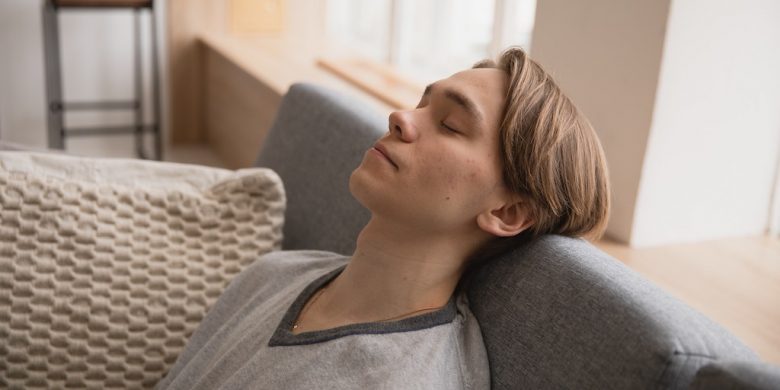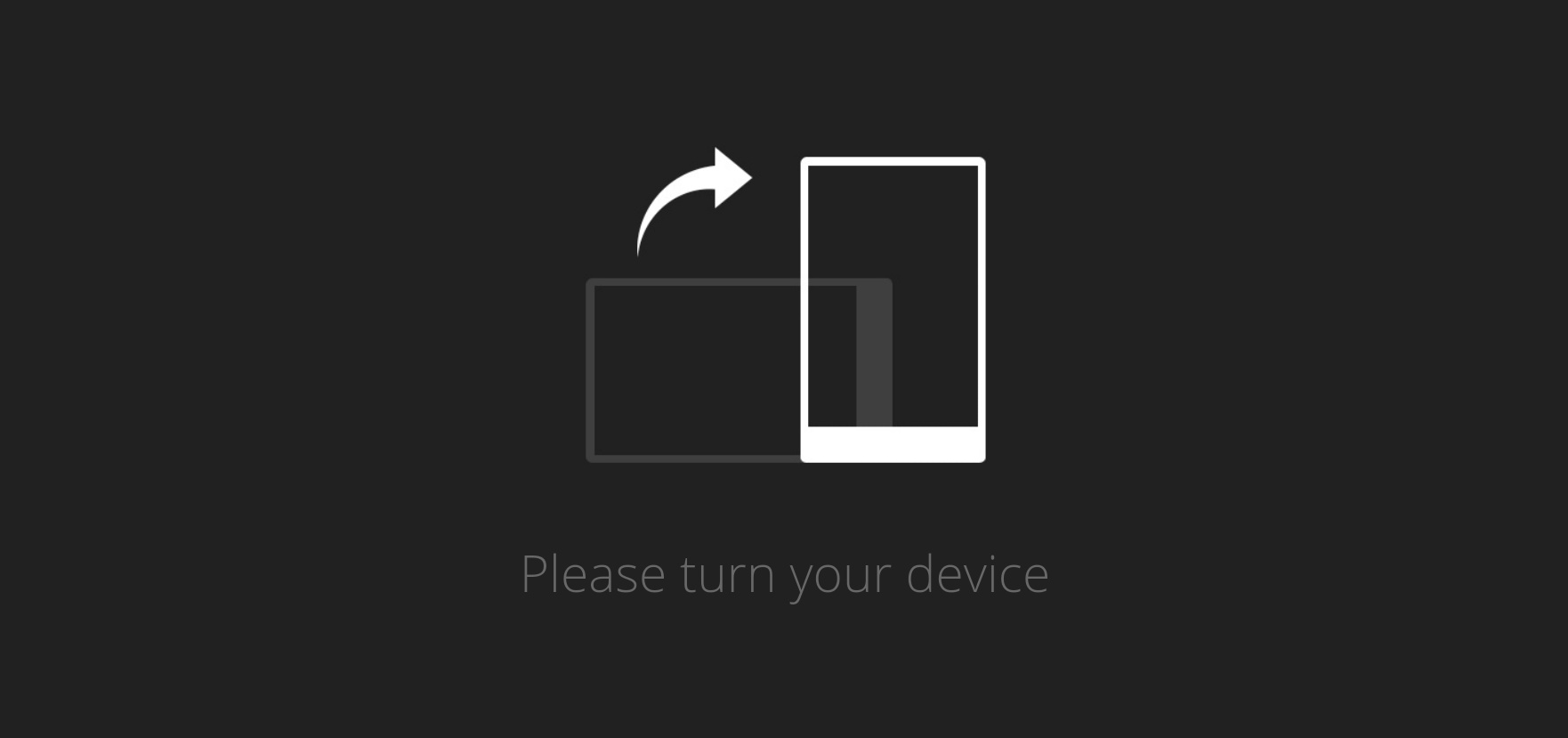
Why You Shouldn’t Feel Guilty For Taking Downtime

Queensland Government have some great tips and ideas on their Mental Wellbeing website to help you get started, just search ‘Dear Mind’.
Downtime is more than just a nice way to relax – it’s essential to our mental wellbeing. Giving ourselves time off helps our bodies and brains to recover, giving us energy to get the most out of life. In the long run, it can even set us up for success and help us overcome challenges.
Even just a little bit of downtime can help lift our mood and make us more resilient.
To find out more about why we should make downtime a priority, we chatted to wellness coach Clare Robinson. She told us about all the good stuff that happens when we take downtime and why we shouldn’t feel bad for taking it. She also shared some great tips to help us get more of it.
Why Is Downtime So Important?
Essentially, downtime is any moment when you can switch off from your work, social commitments, or any other responsibilities and just rest.
It’s about giving yourself permission to take time off and allowing your body to be in ‘rest and digest’ mode. Resting, and particularly getting quality sleep, gives our brains a chance to process information and helps our bodies recharge. It’s also one of the easiest ways to reduce stress and anxiety.
“It’s like cleaning the brain,” says Robinson. Basically, if we don’t rest then we don’t give our brains a proper chance to do all of these super important things that our bodies need in order to function.
Start Taking Energising Breaks
One of the easiest ways to get more downtime is to take what Robinson calls “energising breaks”.
These are short, 10 to 20-minute breaks where we turn off our screens and go for a walk, reconnect with nature, or even just take a few deep breaths. Stopping work and getting outside for even 10 minutes is great for our mental wellbeing and it’s been shown to boost our immune system, lower our blood pressure, and boost our vitamin D.

Image: Sebastian Voortman / Pexels
We should aim to take an energising break every 90 minutes, but you’ll know when you need one because you’ll feel your energy drop. Think of this as your permission to take a 10am morning tea break or a breather in between your afternoon classes.
Energising breaks aren’t intended to be our primary source of downtime, but they’re a great way to recharge, says Robinson. If we take a short break when we first start to feel tired, we’re much less likely to end the day feeling completely exhausted. It’s a matter of working with our bodies’ natural rhythms instead of pushing through when we’re tired.
How To Tell When You Need Downtime
There are a few tell-tale signs to look out for that signal when we need these longer periods of rest.
“We know we need downtime if we have mental fog, or we’re struggling to process things, or we’re feeling overwhelmed or constantly anxious,” Robinson says. “In fact, acting any way that makes us feel bad is a sign.”
That could include being snappy with people, feeling trapped by work or social plans, or struggling to get through the week. If we pay attention to our mental wellbeing, we’ll almost always know when we need downtime – then the key is simply letting ourselves take it.

Image: Oladimeji / Pexels
Don’t Feel Guilty About It
“As a society, we’ve been conditioned to always be ‘on’. But we don’t work that way,” says Robinson.
Even still, lots of people feel guilty for taking time off. Robinson says that, in this situation, you’ve got to try to give yourself permission to rest.
“Think about other people,” she says. “Ask yourself if it’s okay for them to rest. If that’s a ‘hell yes’, then ask yourself why it’s not okay for you.”
Most of the time, you’ll realise that you give yourself a hard time for things that no one else does.
And if you’re still struggling to give yourself a break, Robinson says you should start small. Set a goal that’s so easy you can’t possibly fail, like taking 10 deep breaths before work every morning, getting outside for some fresh air every day, or creating a consistent bedtime routine.
Most importantly, remember: you’re not lazy for needing downtime.
Downtime is one of the most important things for our mental wellbeing. It may be hard to get, but that doesn’t mean we should ever stop trying.
This article originally appeared on Junkee.
—
For more information and some inspiring ideas to improve your mental wellbeing with a little downtime, head to qld.gov.au/mentalwellbeing
—
Lead image: Ekaterina Bolovtsova / Pexels
